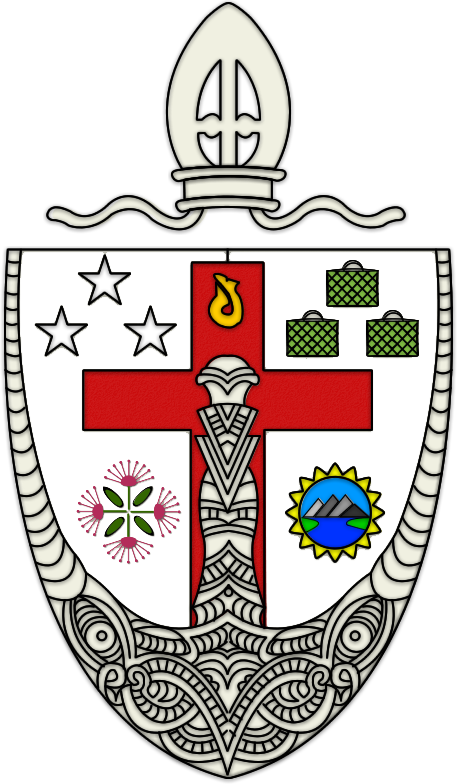Concerning COVID-19
Health information drawn from the Ministry of Health (health.govt.nz) and the World Health Organisation (who.int).
The World Health Organisation has confirmed the spread of a new coronavirus called COVID-19. Coronaviruses that are already known include MERS, SARS, and the common cold.
COVID-19 was discovered as the result of an outbreak in Wuhan, China, in December 2019. Since then COVID-19 has spread significantly to several other countries including South Korea, Iran, and Italy.
So far 5 people have tested positive for COVID-19 in New Zealand, with another 2 probable cases currently being assessed.
COVID-19 Symptoms
The most common symptoms of COVID-19 are fever, tiredness, and dry cough.
Some patients may have aches and pains, nasal congestion, runny nose, sore throat or diarrhea.
These symptoms are usually mild and begin gradually. Some people become infected but don’t develop any symptoms and don't feel unwell.
Most people (about 80%) recover from the disease without needing special treatment. Around 1 out of every 6 people who gets COVID-19 becomes seriously ill and develops difficulty breathing. Older people, and those with underlying medical problems like high blood pressure, heart problems or diabetes, are more likely to develop serious illness.
People with fever, cough and difficulty breathing should seek medical attention early and call in advance.
COVID-19 Prevention and Response
With continued vigilance the chance of a serious outbreak in New Zealand is low. Current Ministry of Health advice is that individuals should follow good hygiene practices including:
Washing hands regularly and thoroughly with soap and water, for at least 20 seconds every time (about how long it takes to pray Te Inoi a te Ariki). The use of hand sanitiser is also encouraged.
Maintain ‘social distancing’ – staying at least 1 metre (3 feet) away from anyone who is coughing or sneezing.
Avoid touching your eyes, nose, and mouth.
Practice good respiratory hygiene – covering your mouth and nose with a bent elbow or tissue when you cough or sneeze. The dispose of your tissue immediately.
If you have a fever, cough, or difficulty breathing, seek medical attention and call in advance. Follow directions from your local hauora provider or health authority.
Anyone who has returned from mainland China, Korea, Italy, or has been in close contact with someone confirmed with COVID-19 in the last 14 days is being asked to self-isolate and register your details with Healthline (0800 358 5453).
Church Guidelines
In the first instance please ensure that you are familiar with the latest information regarding COVID-19 posted by the Ministry of Health on their website: health.govt.nz
Although the risk of widespread community outbreak in New Zealand is expected to remain low, ministers and churches should do what they can to minimise the risk of transmission and infection within their congregations by:
Minimising the number of people involved in handling the elements for Holy Communion;
Ensuring the priest washes their hands thoroughly before the service and encourage the use of hand sanitiser before the preparation of the elements;
Suspend intinction (dipping of the bread into the chalice);
Ensure the chalice and paten are washed with hot water and detergent after use;
Remind congregants and ministers who feel unwell to stay home;
Limit unnecessary personal contact.
Ministers should remain aware that the need may arise for further restrictions during services. If so they should consider:
Offering what is known as ‘Communion in One Kind’ only, with the people partaking only of the bread and the priest alone taking the wine;
Suspending all hariru and hongi (as several iwi have already done), greetings with a kiss and/or handshaking, including during the ‘sharing of the peace’ that is part of our normal Eucharist liturgy.
Ministers and church leaders should also be aware that the need may arise to suspend, postpone, or cancel large meetings, services, diocesan and amorangi events and hui. In these cases advice should be sought from the office of the Bishop or other appropriate authority.
Ministers who are involved in large gatherings in community and on marae, including those who take tangihanga regularly, should stay vigilant and maintain good respiratory hygiene practices.
Please feel free to contact your Bishops office if you have ministry queries.
If you or a whanau member feel unwell with a fever, cough, or difficulty breathing, please seek medical attention early and call in advance.

